
Welcome to Part 3 of the Hydration series, as a recap Part 1 showed the importance of water in your lives with all of its functions in our bodies. Part 2 gave guidance for achieving optimal hydration as well as information concerning dehydration as a reference to guide you to your best health and wellness. In the final part of this series, I am helping you find ways to improve your hydration and maintain the proper levels for you best health.
17 Tips for Increasing Fluid Intake:

· Make a habit of drinking a glass of water or juice first thing in the morning.
· To meet your bodies needs and prevent frequent urination problems, drink regularly (sip your water) throughout the day rather than several big gulps at once.
· Eat water-rich foods like fruits and vegetables.
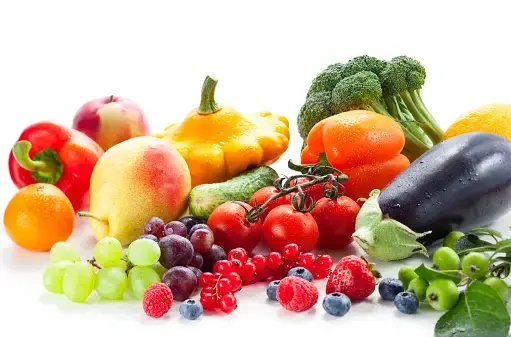
· Fluids are more easily absorbed when they are cooler, about 40-60 degrees is ideal.
· Keep a 1-2-quart bottle of water in your refrigerator and make sure you drink and refill it daily.
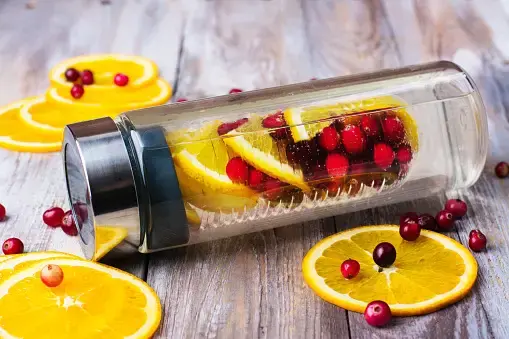
· Carry a reusable water bottle with you and drink
regularly between meals. Or get an infusion water bottle for a natural way to jazz up your water!
· Options for hydration for athletes include hydration tablets, hydration powders or hydration gels. These products are designed to be dissolved in water to be a quick and efficient way to replenish fluids and electrolytes. If you are hiking or biking use a hydration vest or backpack to make hydrating easier.

· Try to enjoy healthy beverages- all drinks count towards your fluid needs, but some are better than others. Avoid sugar-sweetened beverages and alcohol in excess. Instead opt for plain water, unsweetened flavored water, lemon or cucumber water, coconut water, mineral water, herbal tea, milk, fresh fruit or vegetable juice instead. Caffeinated beverages are ok if consumed in moderation (400mg/day).
· When you are feeling hungry, drink water. Thirst is often confused with hunger.
· Drink before you get thirsty. Thirst is a sign that you are already dehydrated.
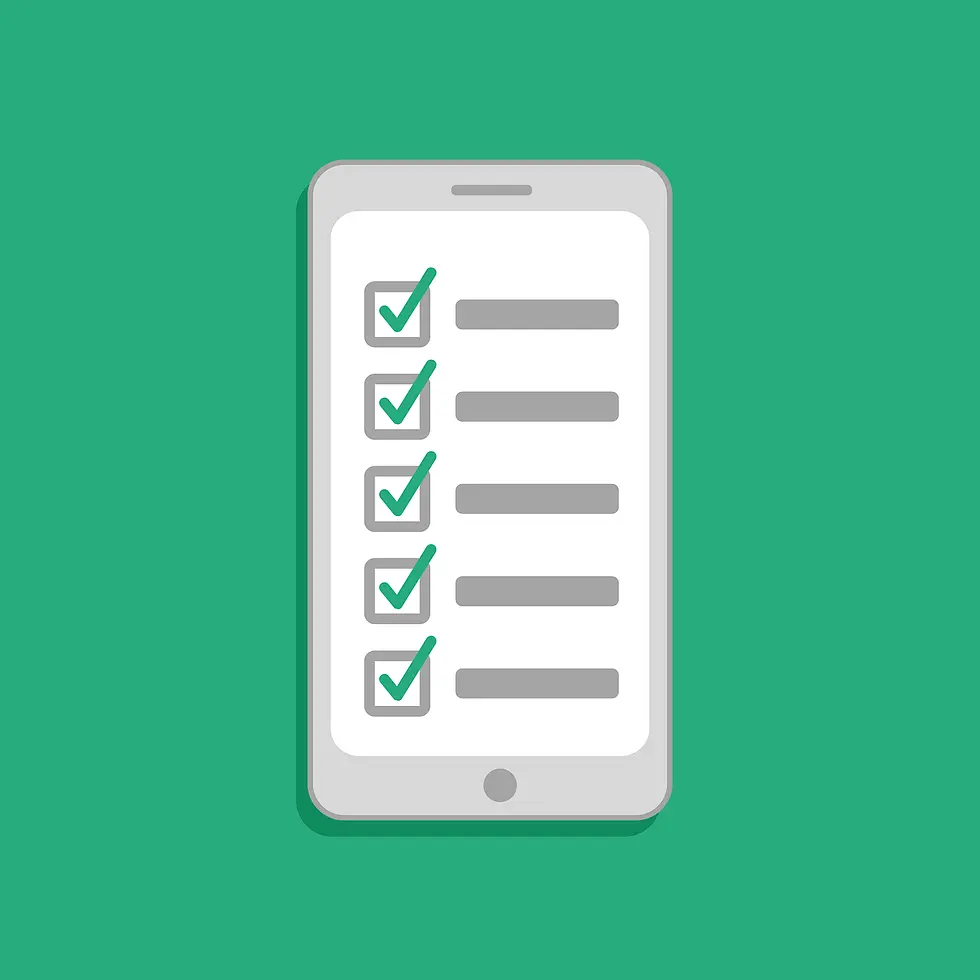
· Set reminders on your phone to be sure you are drinking enough water.
· Use the color of your urine as an indicator if you need to drink more. Light yellow is well hydrated, dark yellow or orange means you need to increase your fluids.
· Drink plenty of water before, during and after working out. If you participate in intense workouts choose an unsweetened water with electrolytes to replenish the electrolytes lost through sweat.

· Keep track of your intake throughout the day and pace yourself to approach half of your needed water amount by midday.
· Adjust your water needs based on your activity level, your environment or if you are or have been sick lately.
· Check in with yourself regularly throughout the day- are your thirsty? Are you getting a headache? Are you feeling tired even though you have adequate sleep? If so, sip some water to be sure to be on top of your hydration goals.
· Keep in mind that there are 3 main sources of water input: 1) the water we drink, 2) the water we consume from our meals and 3) the water from the oxidation of macronutrients. Be sure to give your body all three of the sources to ensure that it is running as efficiently as possible.
A few side notes for you to consider:
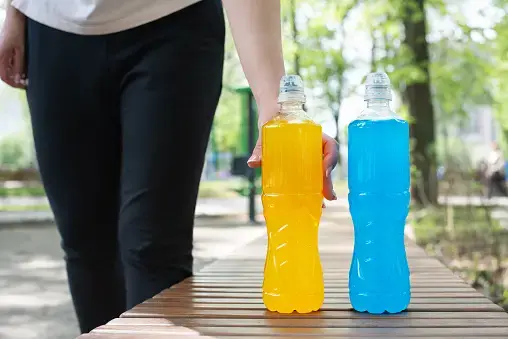
A note on electrolytes: electrolytes are minerals that play a key role in your body’s nervous system and muscle function. An imbalance of electrolytes can cause fatigue, irregular heartbeat, numbness, tingling, confusion, muscle weakness, cramping and headaches. To properly hydrate for your muscles and body to work properly be sure to drink something that has a blend of sodium and potassium. You want between 160-180mg of sodium and between 40-60mg potassium in a 12oz sport or recovery drink.

A note on caffeine and alcohol: drinks containing these can act as diuretics meaning they increase your urine output and can lead to an overall fluid loss.
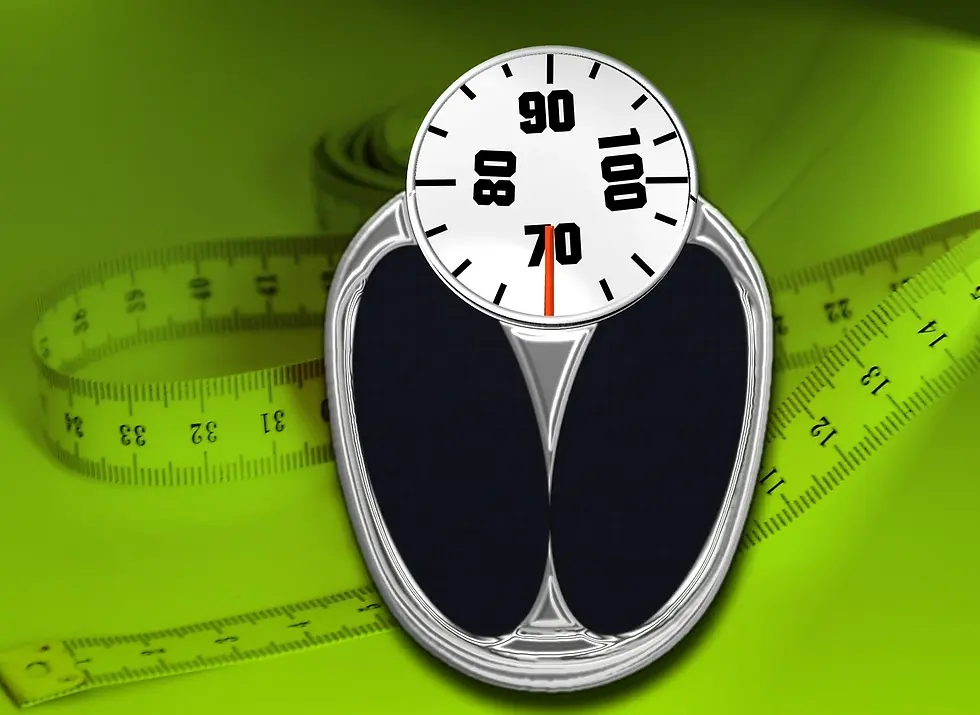
A note about hydration for weight loss: incorporating hydration strategies into your weight loss journey is essential for achieving lasting results. Proper hydration boosts our metabolism, promotes optimal digestion, is a natural appetite suppressant and drinking before meals aids in portion control and promotes a feeling of fullness. Be sure to replace your sugar-sweetened beverages with water as they can contribute to contribute to weight gain through the consumption of empty calories.
Thank you for joining me as we fully covered the topic of Hydration which, as we have learned, is essential for living our best life- just in time for the summer!! So go out there and enjoy your summer, hydrate well and create some beautiful memories!
Resources:
Next Time:
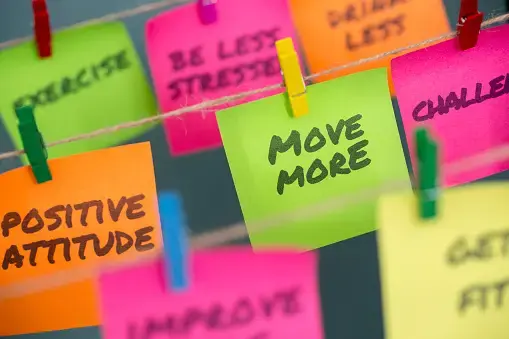
Stay tuned for my next blog in 2 weeks for The Importance of Mindset for Achieving Health Goals.
Author: Jen Hassaj | 5-29-2024



Comentarios